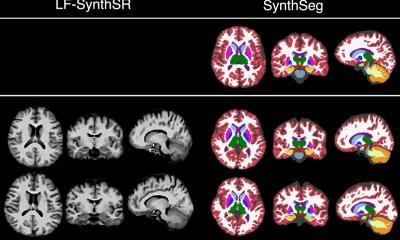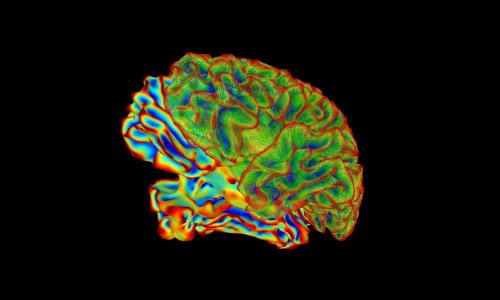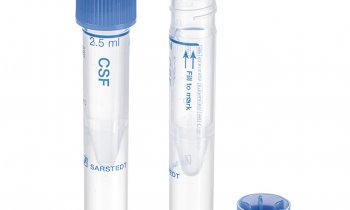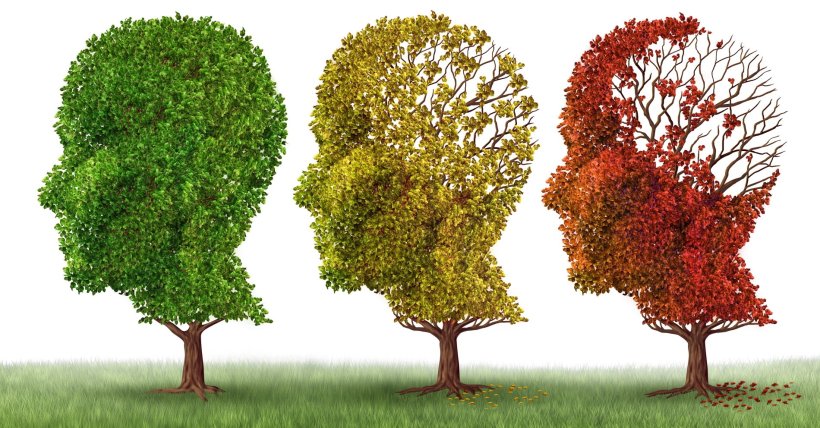
© freshidea – stock.adobe.com
News • What patients can expect
Alzheimer's: New method to predict cognitive decline
A new study looks at predicting how quickly people with early Alzheimer’s disease will experience cognitive decline.
The study is published in Neurology, the medical journal of the American Academy of Neurology. It also looked at how the new drugs recently approved for the disease may reduce decline. “The rate of cognitive decline varies greatly from person to person, and people are very interested in what to expect from the disease in themselves or their loved ones, so better prediction models are urgently needed,” said study author Pieter J. van der Veere, MD, of Amsterdam University Medical Center, Netherlands.
Previous research shows that people still want information about their prognosis, even if this information is uncertain. An app with our prediction model can therefore meet an important need
Pieter van der Veere
The researchers developed models to predict how quickly people’s scores would decline on a test of thinking and memory skills. Then they compared the models to actual results from people over time. They studied 961 people with an average age of 65—310 had mild cognitive impairment and 651 had mild dementia. All had the amyloid-beta plaques in their brains that are an early sign of Alzheimer’s disease and are targeted by the new drugs.
For the cognitive test, scores range from zero to 30, with scores of 25 and higher indicating no dementia, scores of 21 to 24 indicating mild dementia, scores of 10 to 20 indicating moderate dementia and scores lower than 10 indicating severe dementia. The test scores of the people with mild cognitive impairment declined from 26.4 at the beginning of the study to 21.0 five years later. The scores of people with mild dementia declined from 22.4 to 7.8 five years later.
The models were helpful in predicting the rate of cognitive decline, but also show the uncertainty of these predictions, van der Veere noted. For half of the people with mild cognitive impairment, the actual test score differed by less than two points from the predicted score. For the people with mild dementia, the scores differed by less than three points for half of the people.
The researchers determined that a hypothetical person with mild cognitive impairment, a baseline test score of 28 and a certain level of amyloid plaques would be predicted to reach the stage of moderate dementia (test score of 20 points) after six years. When a treatment with drugs would reduce the rate of decline by 30%, this person would not reach the stage of moderate dementia until after 8.6 years. For a hypothetical person with mild dementia, a baseline score of 21 and a certain level of amyloid, the predicted time to reach a score of 15 points was 2.3 years, or 3.3 years when decline would be reduced by 30%.
Recommended article
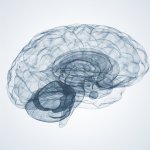
Article • Cerebral insights
The brain: mysterious grey matter
More than 80 billion neurons, trillions of synapses and almost 6 kilometres of neural pathways: The brain is an anatomical masterpiece – and still puzzles science. Keep reading to find out about latest research and therapies of brain diseases.
Van der Veere said, “We understand that people with cognitive problems and their care partners are most interested in answers to questions like ‘How long can I drive a car?’ or ‘How long can I keep doing my hobby?’ In the future, we hope that models will help make predictions about these questions about quality of life and daily functioning. But until then, we hope these models will help physicians translate these predicted scores into answers for people’s questions.”
A limitation of the study was that the cognitive tests were not always given at the same time of day and people with cognitive decline may score lower later in the day when they are more tired.
The prediction model uses general information such as age, gender, and cognitive test scores, as well as data from MRI scans and biomarkers, gathered from cerebrospinal fluid. "As a result, it gives a prediction that is really tailored to each individual person," says Van der Veere. Nevertheless, the model shows how difficult it is to make a precise prediction for each individual patient, because there are always uncertainties. These are always discussed with the patient. "Previous research shows that people still want information about their prognosis, even if this information is uncertain. An app with our prediction model can therefore meet an important need."
Source: American Academy of Neurology/Amsterdam University Medical Center
11.07.2024




